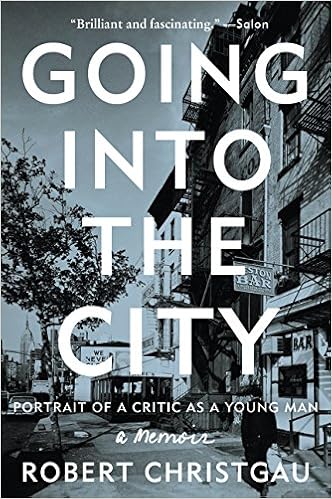Tom Rapp, co-founder, guitarist, singer, and principal songwriter for seminal Sixties Underground band Pearls Before Swine, has died, age 70. I had three albums by Pearls Before Swine in my time as an earnest seeker of weird new music, One Nation Underground, These Things To and Balaklava at various times. Like fellow travelers Kaleidoscope, and the Holy Modal Rounders, PBS emerged from the Folk Boom of the early Sixties, when the interest in roots music and sounds from other cultures had largely by-passed the interest in creating yet more safe, commercial Top 40 hits; the interest aligned with poetry, expanded improvisations, motifs previously heard only in university special collection listening rooms, an interest in trying out ideas to see what it would sound like, however ragged or rarefied. I wasn't a Rapp devotee, but I did like his general approach to being a product of the counterculture. His songs were simple but alluring, just exotic enough to surprise you when you otherwise might have switched albums. His lyric writing was haphazard, kissing the edge of psychedelia but smartly confining itself in an amiable surrealism that relieved the verities of being young and naive. Other times, his lyric was sharp and beguiling from the imagery stance; he never achieved the polish of a Cohen or Simon, the feathers and lace lyricism of Mitchell, or the dark, rococo symbolism of Dylan, but there was an appeal he, a genuinely odd take on circumstances he found himself involved in, and sly wit that undercut what might have been insufferable pretensions by many drug-informed bands of the time. The Sixties were an age when naive art had, in large measure, gone far beyond the endearingly insular to levels of unprecedented pomposity and egocentric self-regard. Rock and roll, suddenly an art form with nascent critics and literature department dropouts egging the rabble onward with their guitar bashing and cotton-mouthed pronouncements, became the refuge for many of the marginally musical who overrated their abilities and sought to crowd out the real talent from whatever crash pad couch they happened to be sitting on.
The joy of Tom Rapp and Pearls Before Swine was that he wasn't concerned with convincing the world of his genius. Like any poet I admire, large talent or smaller, the business of writing poems, or songs, was one of accurately recording one's impressions, perceptions and fleeting grasp of intangible details, catching them as exactly, as faithfully as the phenomena itself, eschewing the construction of an ersatz philosophy. This hearkens back to my taste for William Carlos Williams and other Modernist poets who desired that their language have fidelity with the world that their task wasn't to make sense of the world, to render it coherent to a narrative still be written, but rather to have a sense of the sphere one inhabits, that is, a sense of participating in the commotion, marveling and dismaying in turn as events unfold.
Rapp wasn't as melodramatic as I might make him sound--he was, in spirit, a what-the-fuck-hippie not dislike the Grateful Dead's lyricist Robert Hunter in temperament. Rapp had whimsy to temper his fatalism, and he lacked the fashionable weariness so many singer-songwriters affected during this period. He never pretended to be 30 years older than he was; he acted the age he truly was, which made the reports from his imagination seem fresh and enduring, if, as already mentioned, a bit awkward and unpolished. I enjoyed them for what they were, unique, minor, a breath of fresh air. Much more fun than the Incredible String Band.








